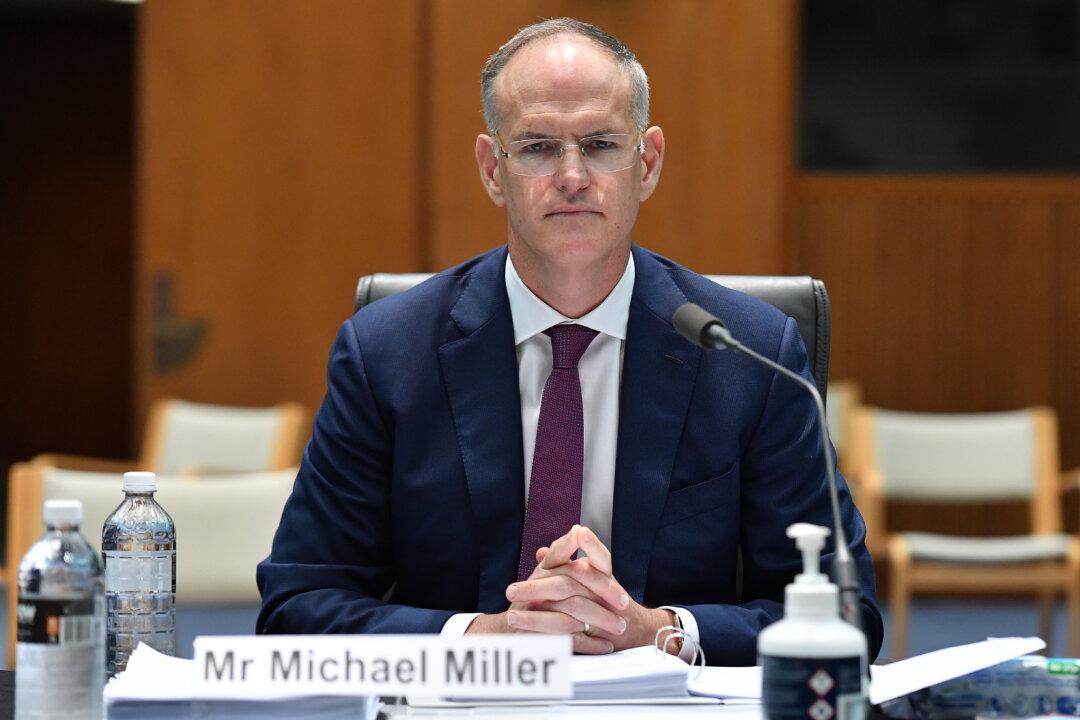News Corp Australia Executive Chairman Michael Miller has called on the Labor government to introduce a “social licence” to make multinational social media companies adhere to Australian laws and requirements.
Speaking at the National Press Club of Australia on June 5, Mr. Miller claimed social media giants were not subject to Australian laws, while making profits in the country.





